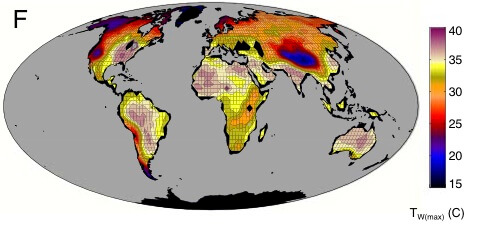
Recently, there has been a lot of effort to get Congress to pass a climate change reform bill. However, due to the already-large amount of things on Congress's agenda, it seems unlikely that it will come to fruition this calendar year. But that doesn't stop people from contemplating the effects that it could have on our society if it is somehow miraculously passed soon. Experts are predicting that the GDP would fall, unemployment would rise, and energy may have a higher cost as it will be taxed more. However, in the long term, this reform would save everybody a lot of money because high efficiency buildings and appliances would be used. Because of that, the effect of greenhouse gases could be reduced and the U.S. would be in charge of that. Sometime in the near future, I can see something like this becoming effective, but in this economy, it does not make sense as people in America don't really need to be paying too much money on something else.
http://www.theatlantic.com/business/archive/2010/05/what-would-climate-change-reform-i-cost-i-us/57019/





